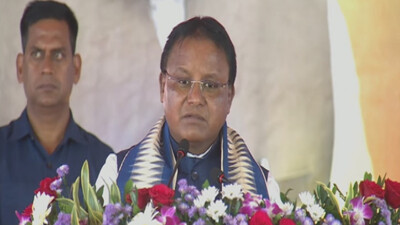New Delhi: Eid ul Fitr is commemorated on the opening day of the Shawwal month and Muslims across the world pay their honour to Allah for offering them health and resistance through the month-long fasting time called Ramzan or Ramadan.
The occasion signifies the end of Ramadan, the Islamic sacred month of fasting and is observed by Muslims all across the world. Eid al-Fitr means the “Festival of breaking fast.”
The date of Eid ul Fitr is decided after the sighting of the crescent moon. In India, Eid ul Fitr will be celebrated on Friday, May 14.
According to Islam, it is believed that it was during the month of Ramadan that the Holy Quran, which is the holy book for Muslims, was revealed to Prophet Muhammad (PBUH), and Eid al-Fitr is the feast that marks the end of this holy month and the beginning of the next month, Shawwal. Eid is also a celebration for having a successful month of fasting, praying and refraining from all negative actions, thoughts and words and is a way of paying respect to Allah.
Eid ul-Fitr means the occasion of breaking the fast. The day stands for expressing gratitude to the almighty Allah for all that we are have. It is believed that Muslims were commanded by Allah to continue fasting till the last day of Ramadan. According to the Holy book, Quran, devotees must pay the Zakat al-Fitr before offering the prayers for Eid.
Traditionally, the day begins at sunset on the night of the first sighting of the crescent moon. If the moon is not observed immediately after the 29th day of the previous lunar month, the holiday is celebrated the following day. It is forbidden to fast on the day of Eid. People make festive dishes like lachcha or sivayyan, made with toasted sweet vermicelli noodles mixed along with milk and dry fruits.


















